Emotional Intelligence in Nursing: Roles, Effects, and Skills
VerifiedAdded on 2021/04/24
|17
|850
|69
Essay
AI Summary
This essay delves into the crucial role of emotional intelligence (EI) in the nursing profession. It highlights the key attributes of EI, including self-awareness, self-management, social skills, social awareness, and relationship management, and explains how these contribute to effective communication and patient care. The essay examines different leadership styles, such as transformational and transactional leadership, and explores models of emotional intelligence, including the ability model and Goleman's model, outlining their components and applications in nursing. Furthermore, it emphasizes the importance of EI in maintaining nursing staff, increasing job satisfaction, preventing burnout, and fostering positive team relationships. The essay also discusses the managerial pyramid and specific roles of managers and supervisors, along with the effects of low emotional intelligence on staff motivation, stress management, and overall work environment, supported by relevant references.
1 out of 17

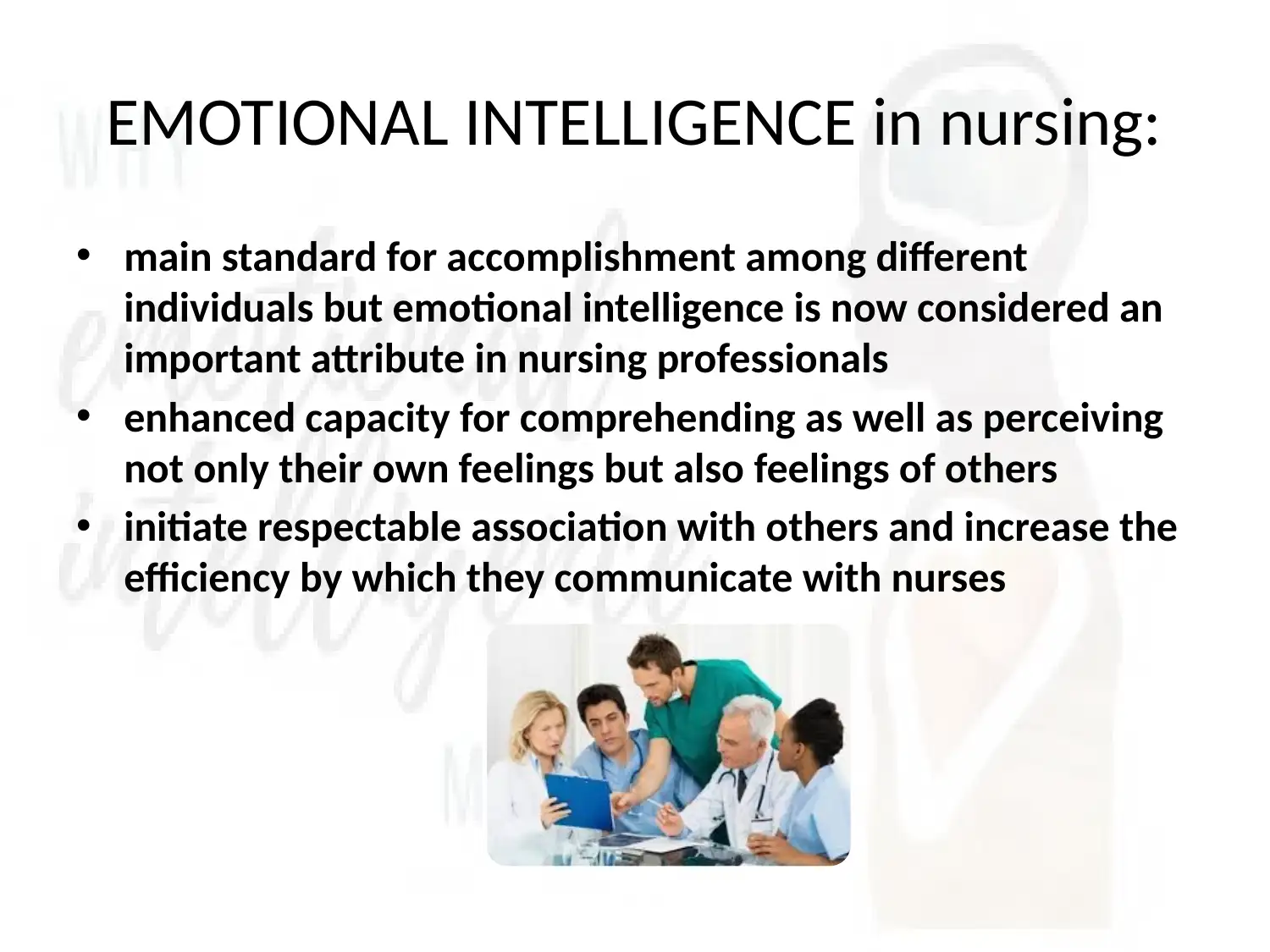
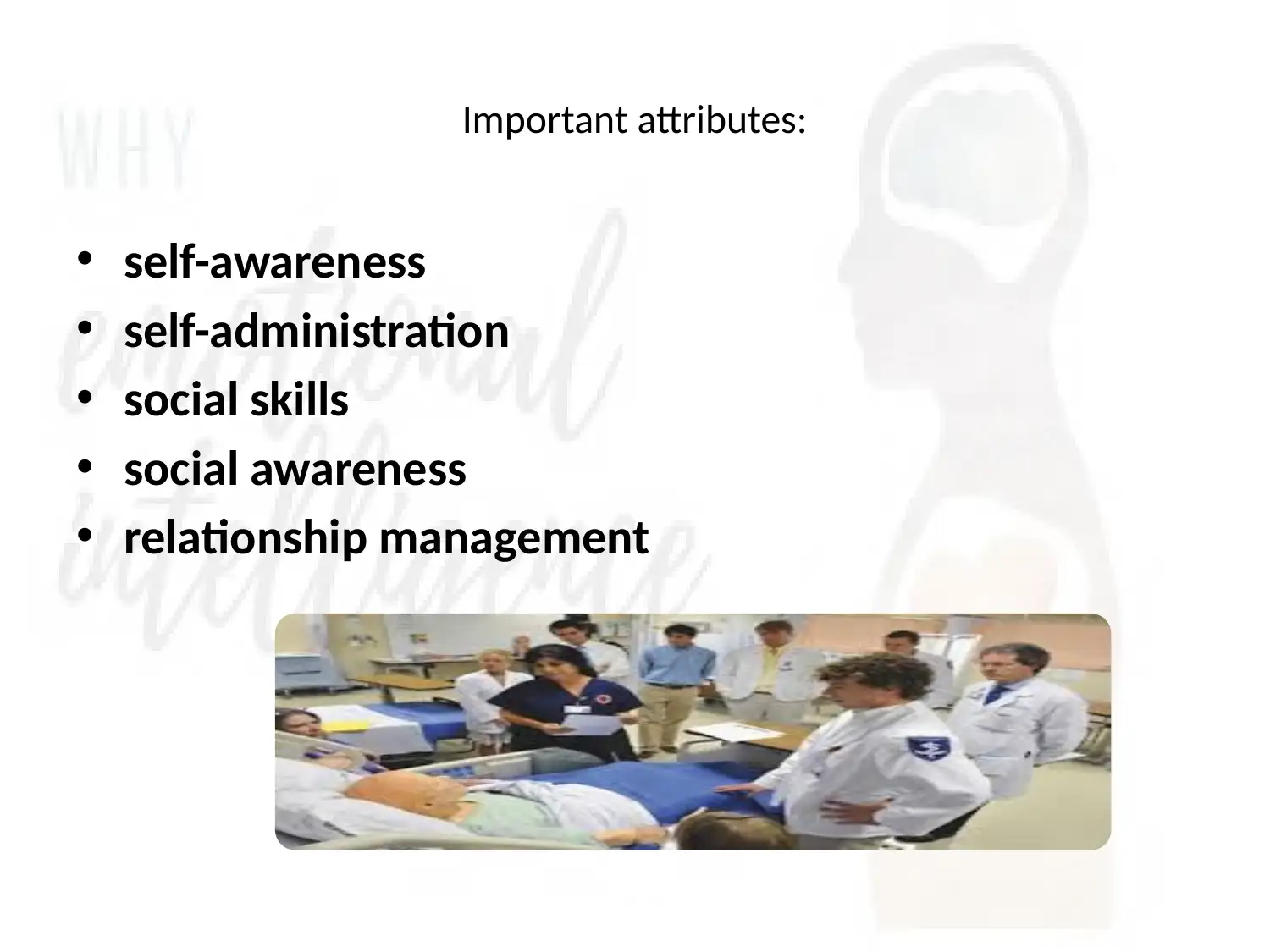
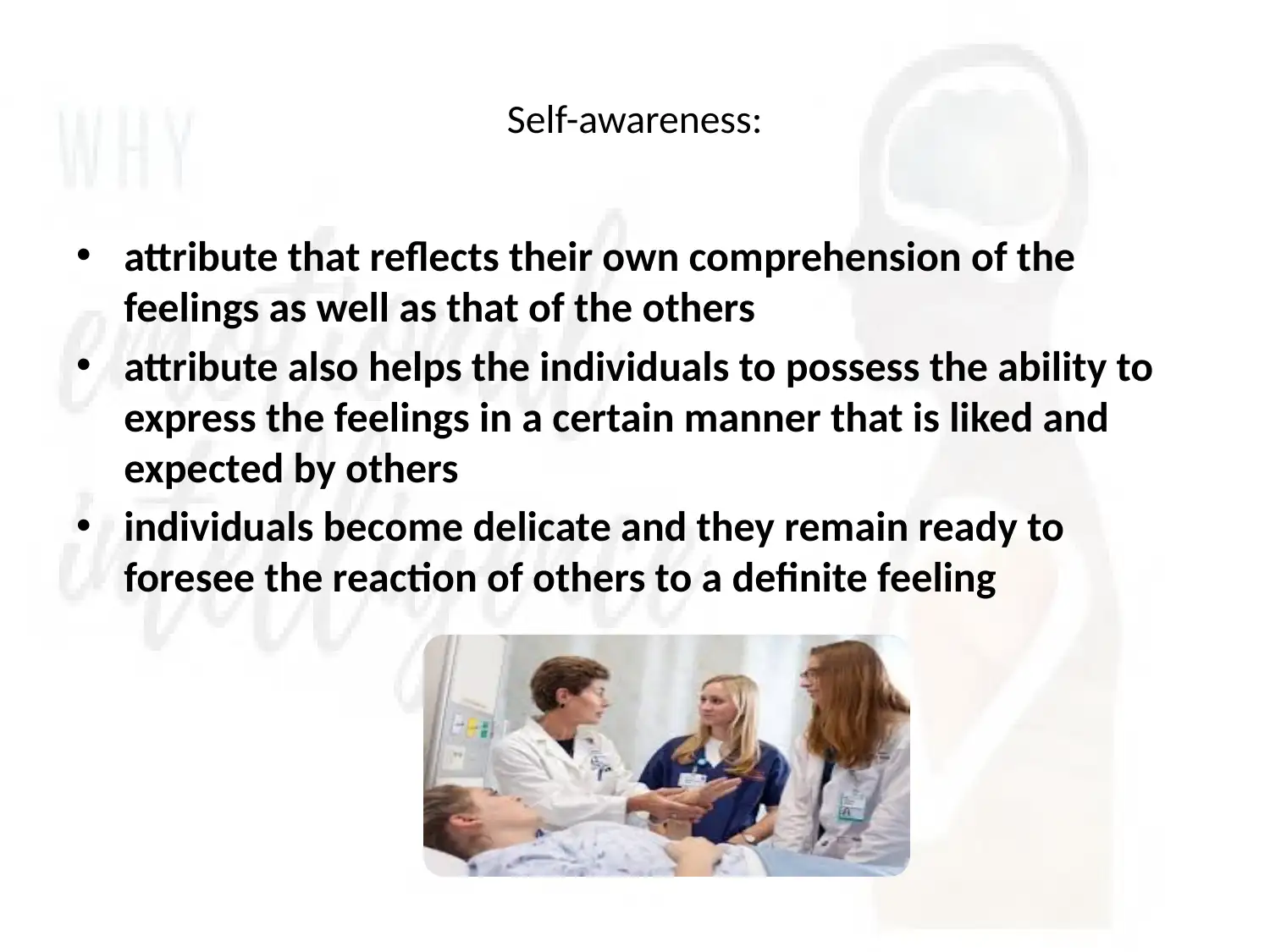

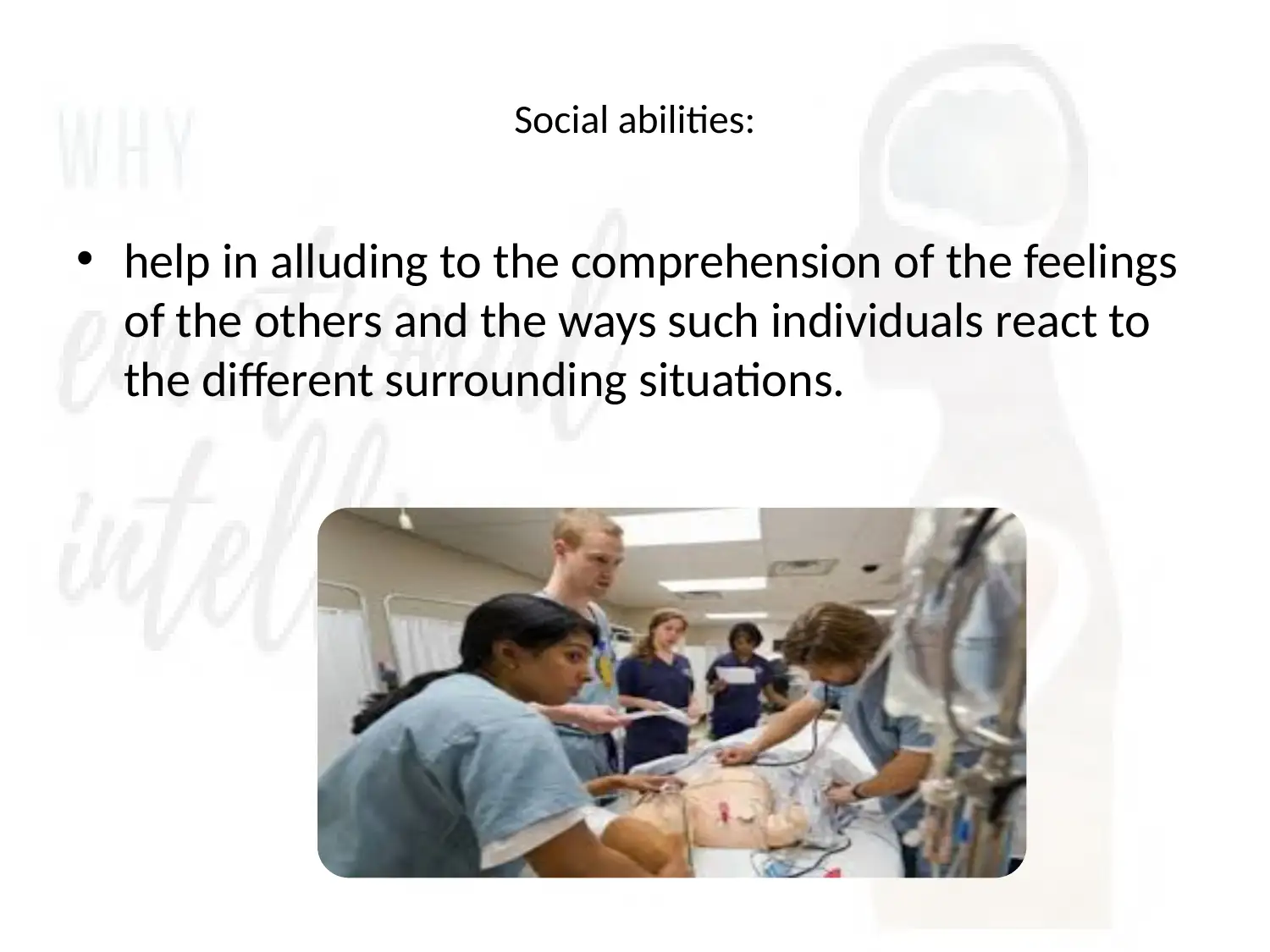
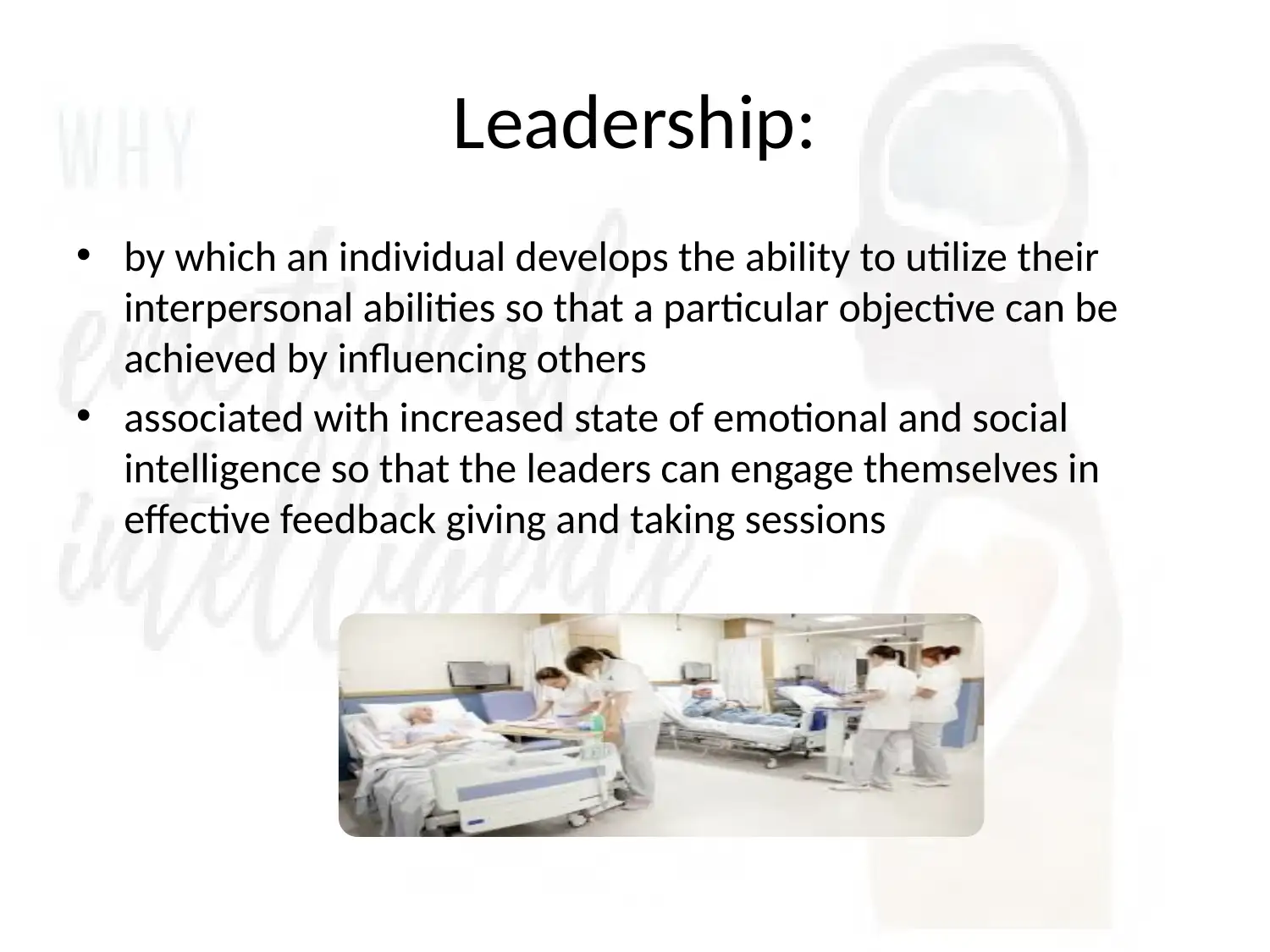
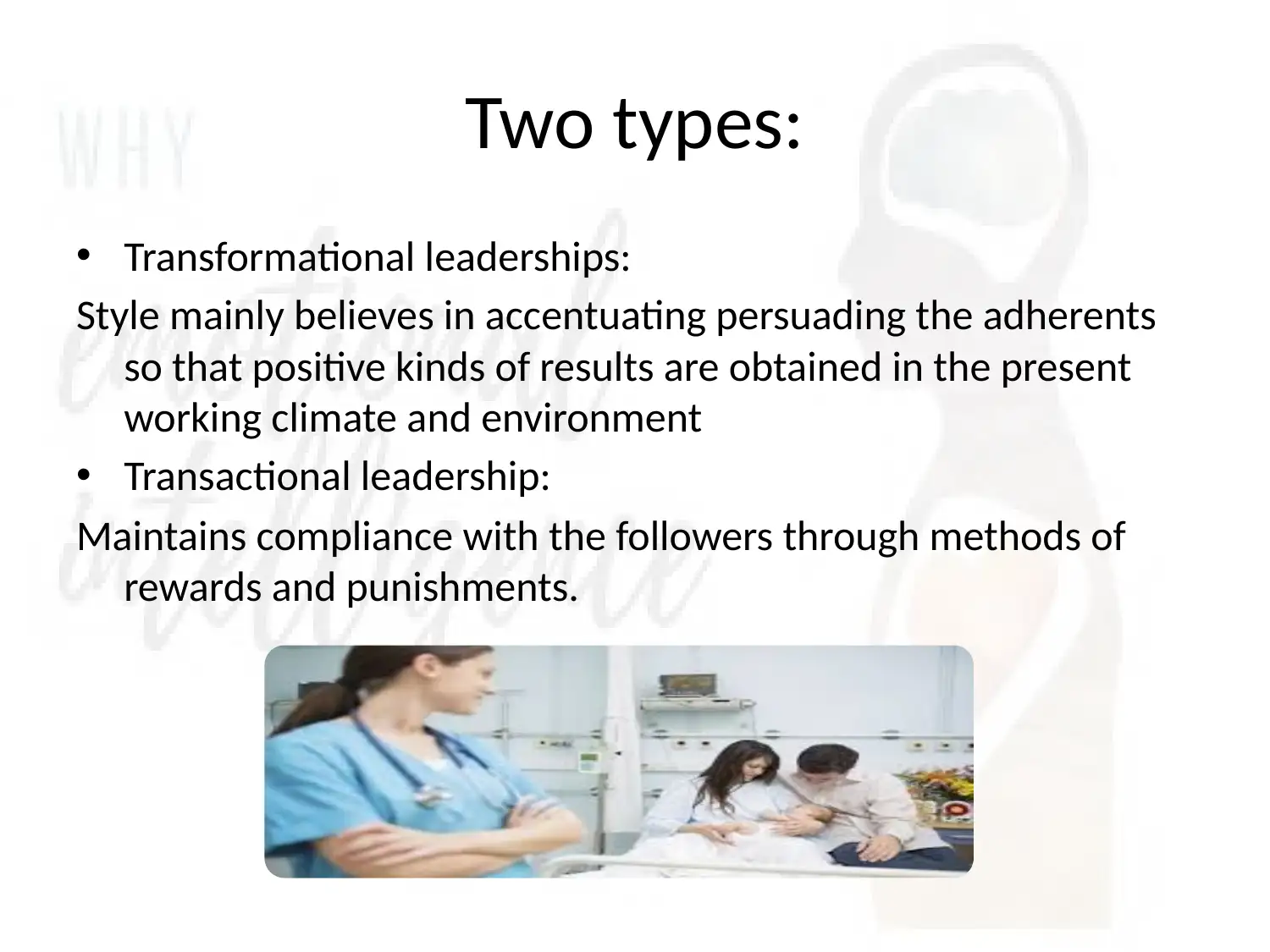
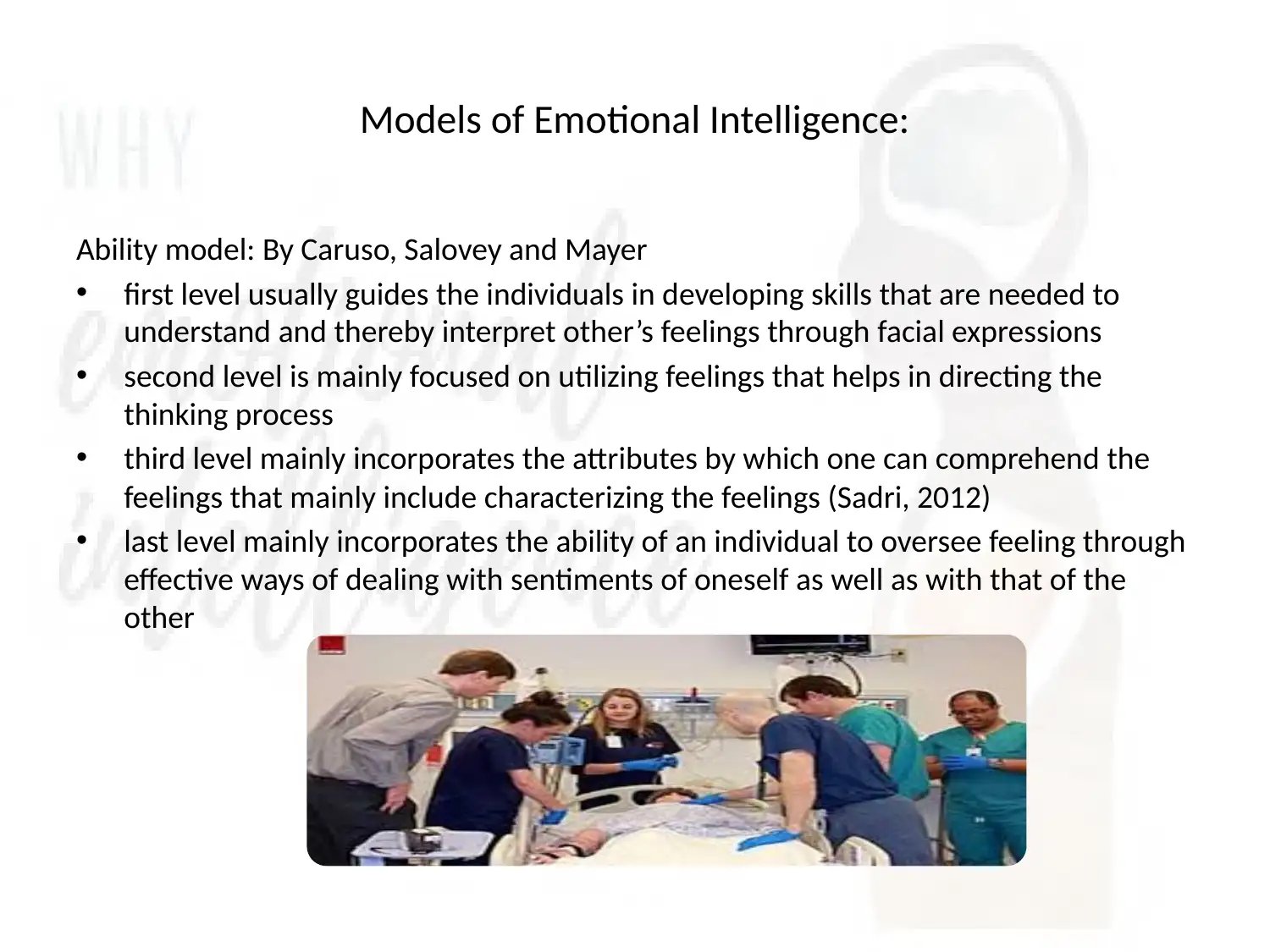
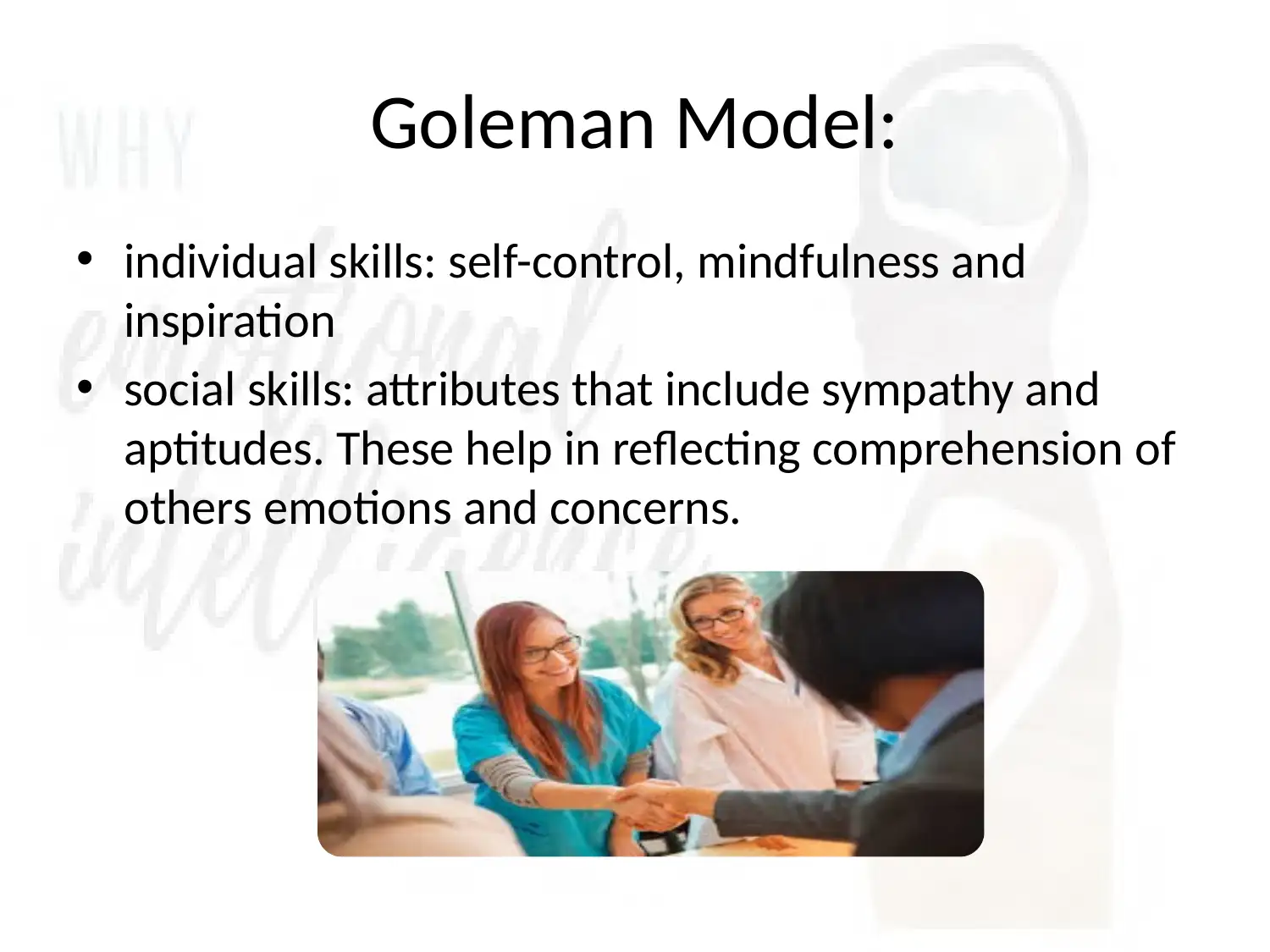
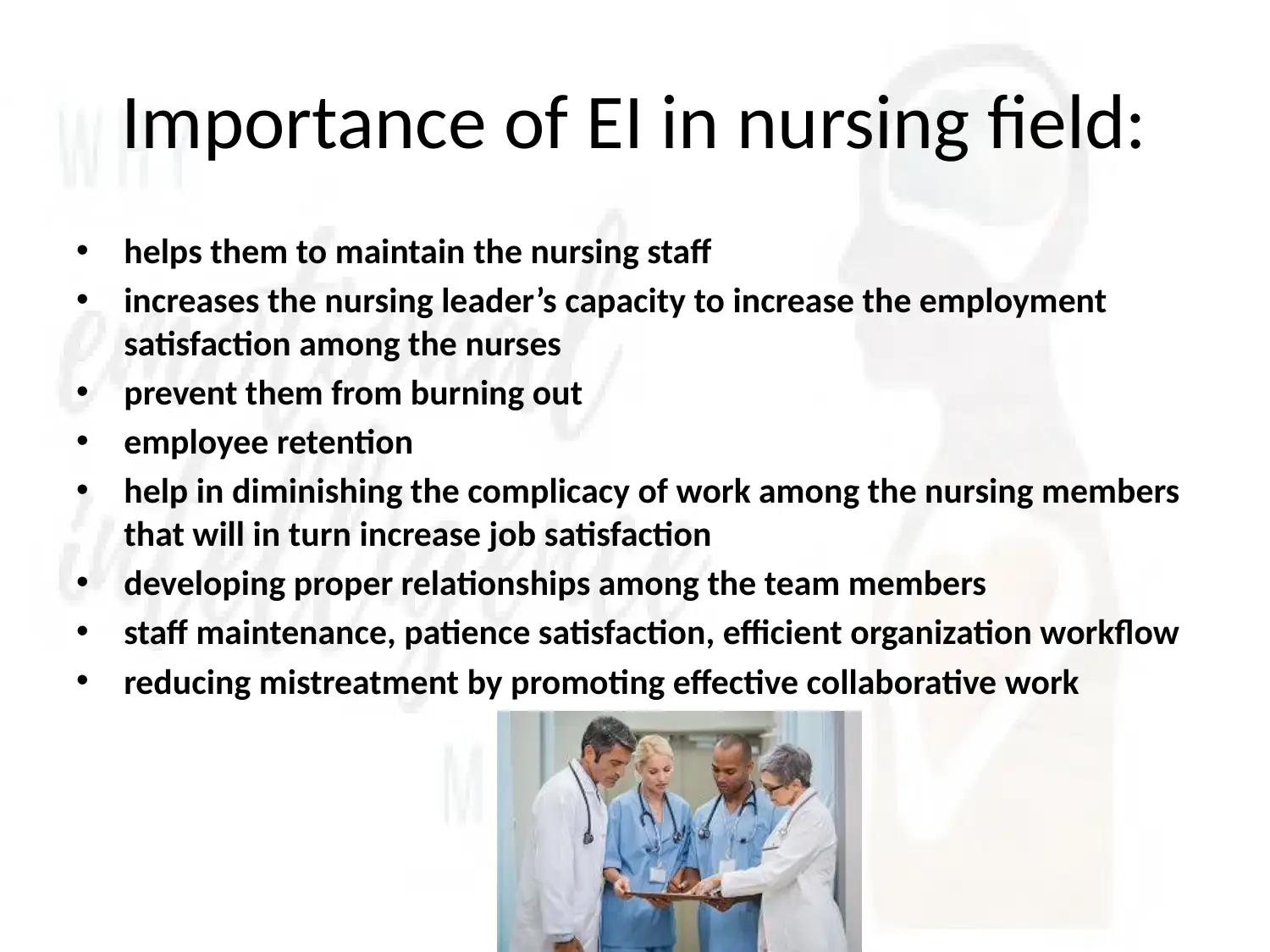

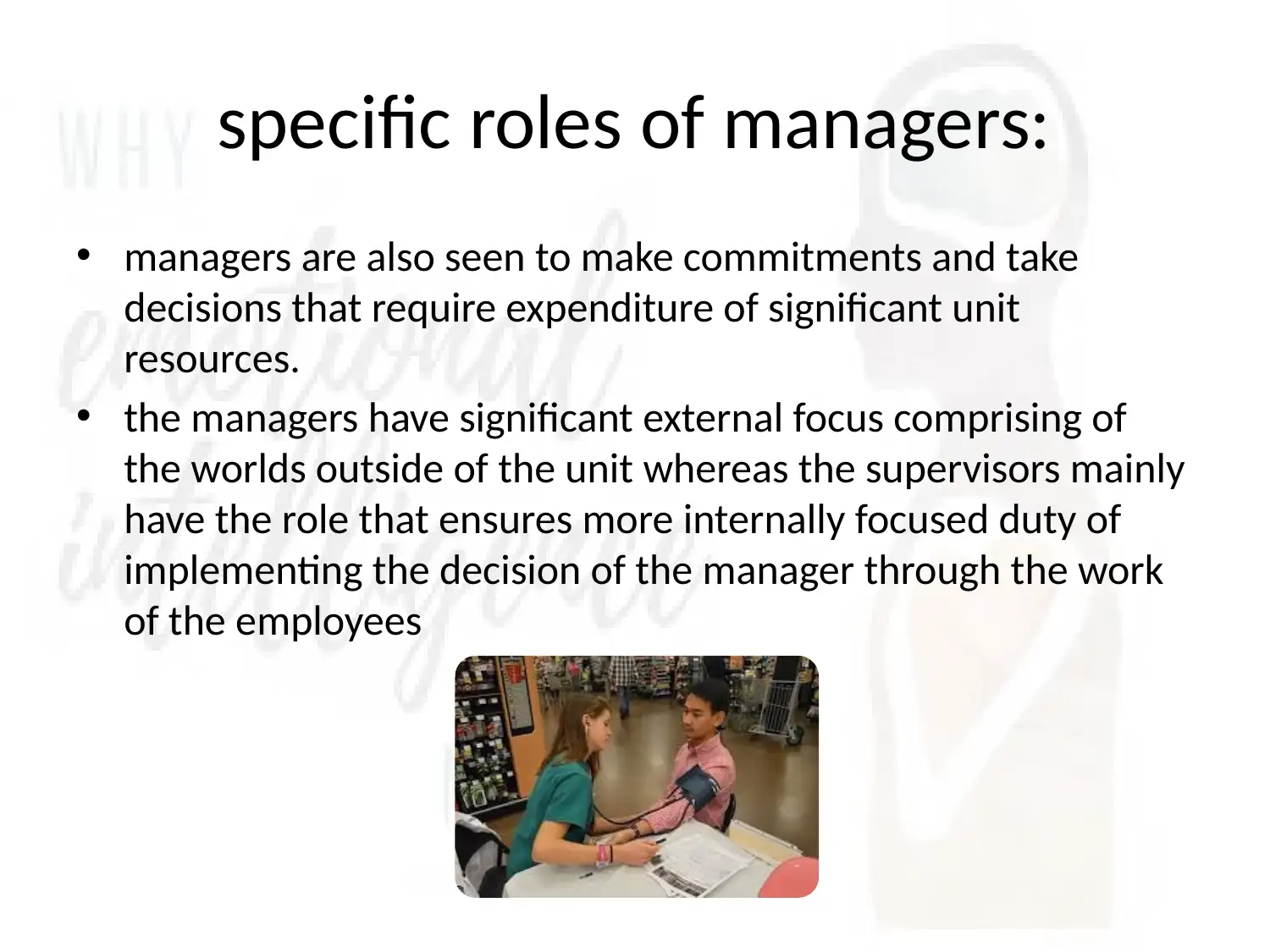
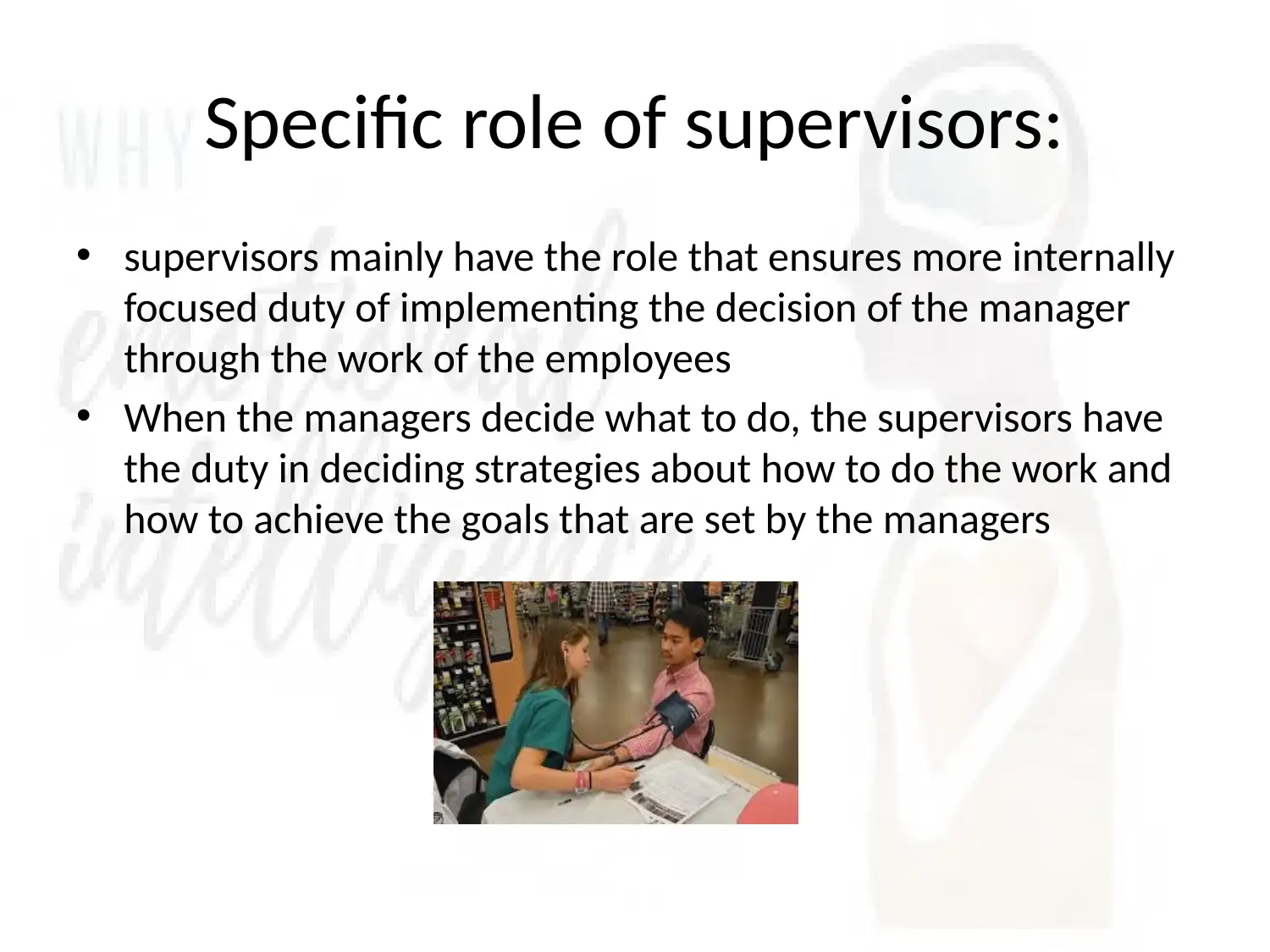
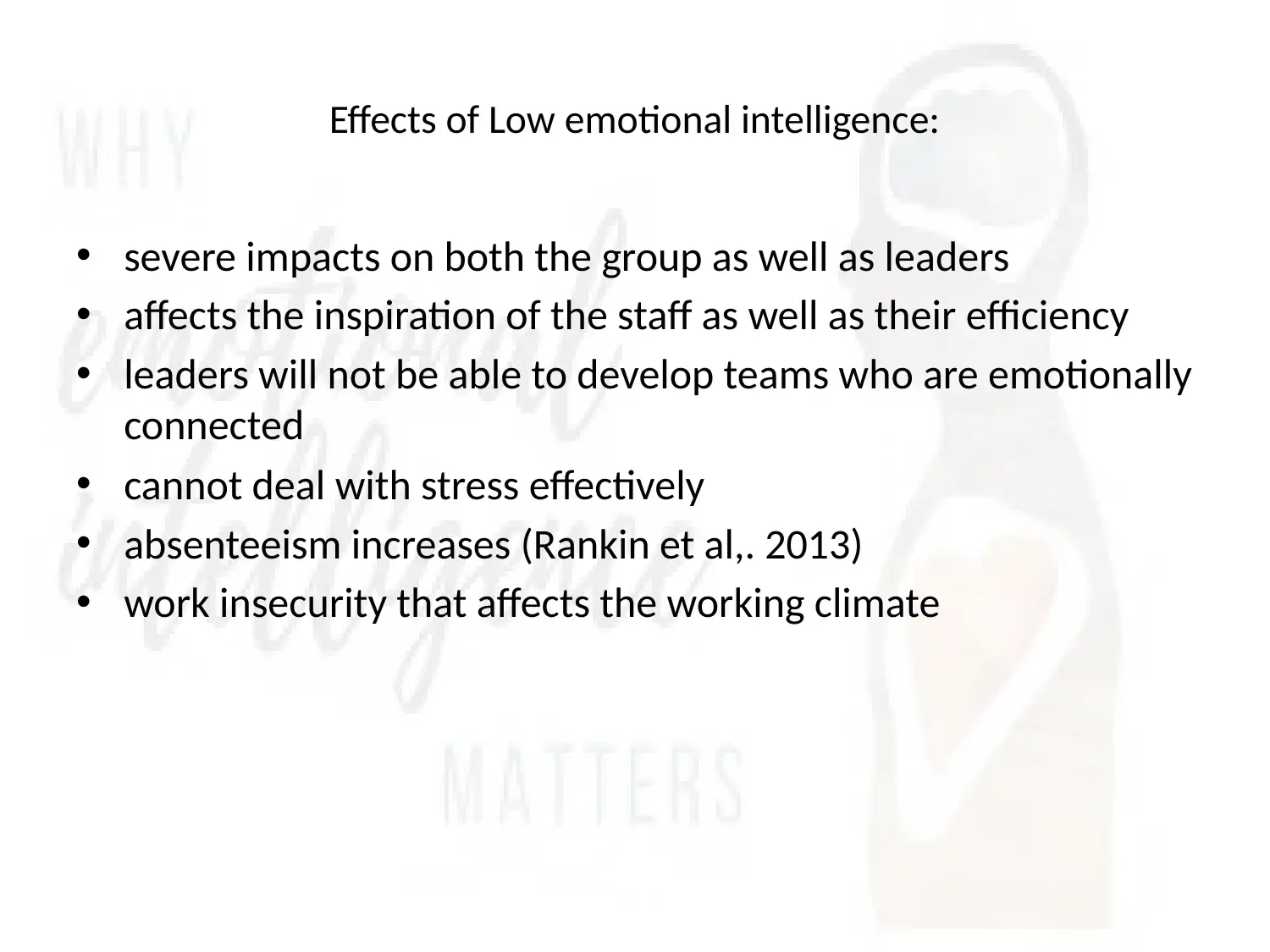
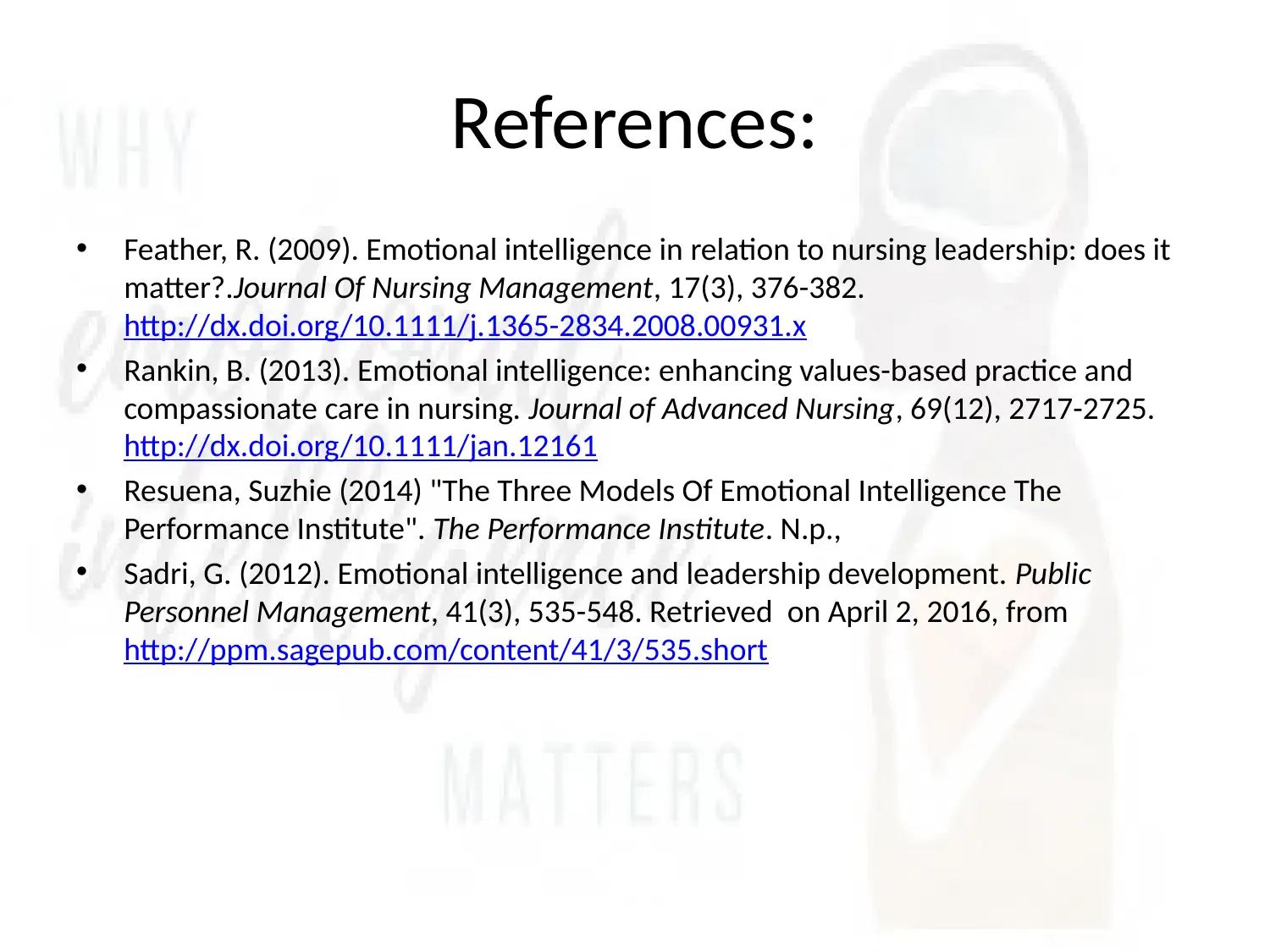
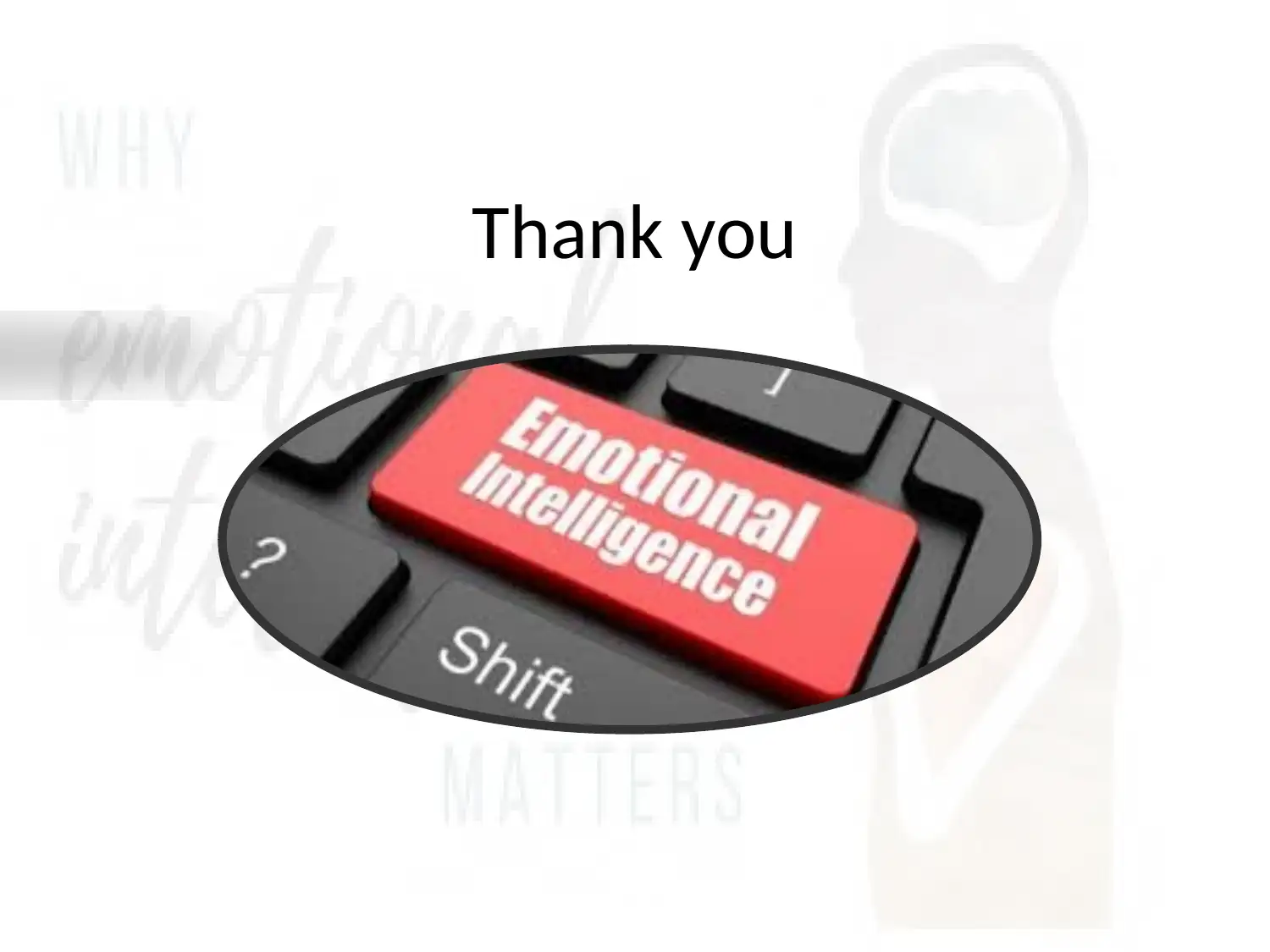





![[object Object]](/_next/static/media/star-bottom.7253800d.svg)